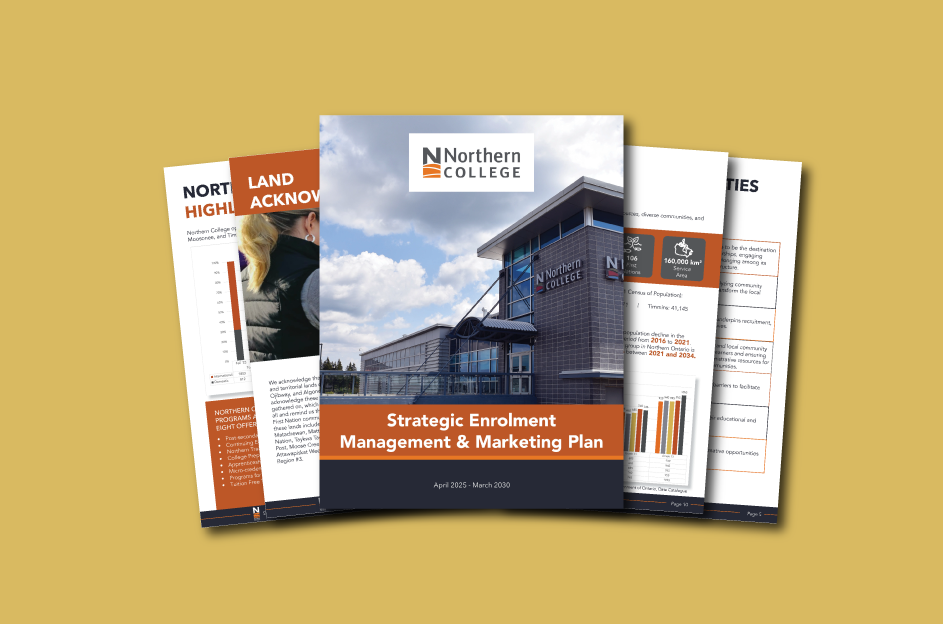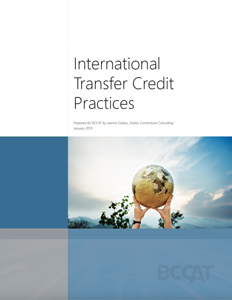Our client case studies demonstrate Duklas Cornerstone Consulting Inc.'s knowledge and expertise through implemented projects.
Creating an Institution Wide Strategic Enrolment Management and Marketing (SEMM) Plan
Northern College partnered with Duklas Cornerstone Consulting Inc. (DCC Inc.) to develop a forward-thinking Strategic Enrolment Management and Marketing (SEMM) Plan that would position the institution to better attract, engage, and retain learners over the next five years.
Concierge Start-Up Support for the Groningen Declaration Network (GDN)
Providing comprehensive supports for an international, non-profit and voluntary network that supports academic and professional digital credential mobility.
Revolutionizing Digital Credentials in Canada: The MyCreds™ | MesCertif™ Success Story
A bilingual, virtual learner credential wallet and National Network to support students and graduates of colleges and universities.
Transforming Domestic Recruitment for a Major GTA College
Implementing actionable insights to improve national reputation and optimize domestic recruitment strategies.
Optimizing Financial Aid Package Offerings for a Quebec University
Strategically maximizing institutional award programming and desired enrolment outcomes across various student populations.
Enhancing Student Lifecycle Management at an Ontario-based College
Standardizing procedures and enhancing service delivery in the Registrar’s Office.
Innovating International Transfer Credit Practices for BCCAT
Exploring and enhancing the assessment of international academic documents.
Refining Residency Policies for a University in Alberta
Strategic recommendations to enhance residency policies and improve student satisfaction and governance processes.







